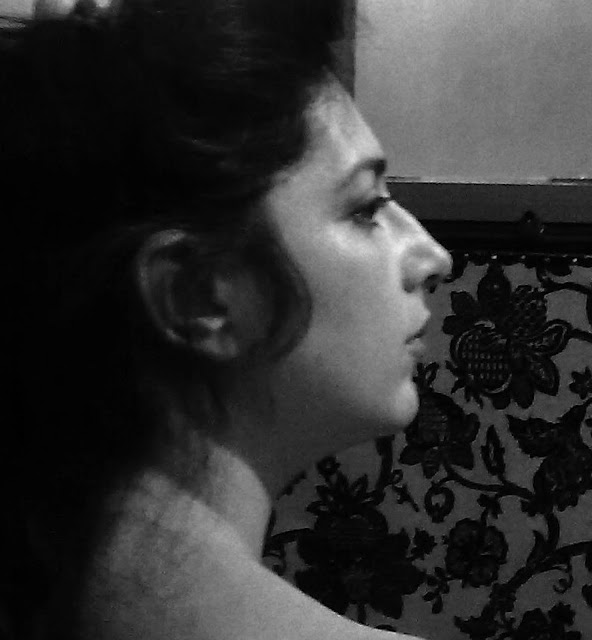Ya de entrada caí mal parado. Vine al mundo justo el año en que todos éramos más pobres que de costumbre, cuando hasta los ricos y los catinga estaban también con hambre. A esa época después la iban a bautizar como el tiempo del quita y pon. Nací justo el año que el Gobierno mantuvo a la gente ocupada con el azadón para evitar los alborotos. Todos hacían trabajo inútil: los cabeza de familia, sus mujeres, y los hijos de ocho en adelante. Yo no hacía esos trabajos porque estaba recién nacido.
Mi papá y mis hermanos grandes, junto con otra mucha gente, salían por la mañana a poner baldosones de pasto en la plaza: le pagaban a cada uno cien sanmartines la media jornada. Cien sanmartines era el pan del día, o quince bambú sin filtro. Por la tarde, las mujeres y los críos estaban empleados para quitar de la plaza el pasto que habían puesto los hombres; debían echarlos en los canastos, a cincuenta sanmartines por tarde. Eran los mismos terrones manoseados que la otra mitad del pueblo colocaría de nuevo desde el día siguiente. Así una y otra vez.
El hermano que venía antes que yo iba a llamarse Gracián Galíndez, porque ya estaba planeado que llegase un 12 de agosto, que es san Gracián; pero nació muerto. Entonces me pusieron a mí el nombre, aunque nací el 3 de noviembre del otro año, y debí de haberme llamado Galindo Galíndez, que es mucho más sonoro. De todas maneras, Gracián o Galindo, el destino ya quería que todos me conocieran como el Rengo, por el problema que tengo en el talón.
Esa época de los terrones de pasto duró un año largo. El Gobierno no quería dar subsidios ni entregar los puros alimentos básicos porque temía que los más pobres, sin trabajo fijo ni actividad del cuerpo, se dieran al vino o a la insurrección. Por eso se crearon aquellos oficios de quita y pon, que así se llamaron, y que dieron que hablar mucho en la época que nací.
Mi mamá quiso que al menos dos de sus muchos hijos supieran leer y escribir, y ni el toto sabe los esfuerzos que hizo para mandarnos a clases, a la Eugenia y a mí. Su sacrificio no fue de dinero, puesto que la educación todavía era liberada, sino porque nosotros nos escondíamos para escaparle a la milonga de la escuela. Yo no sé por qué mi hermana fue tan retobada para ir a clases; mi desapego era a causa de las bromas de los otros. Eso de Rengo Galíndez me lo pusieron allí, y tuvieron que pasar muchos años, y una peste, para que me sonara afectuoso.













